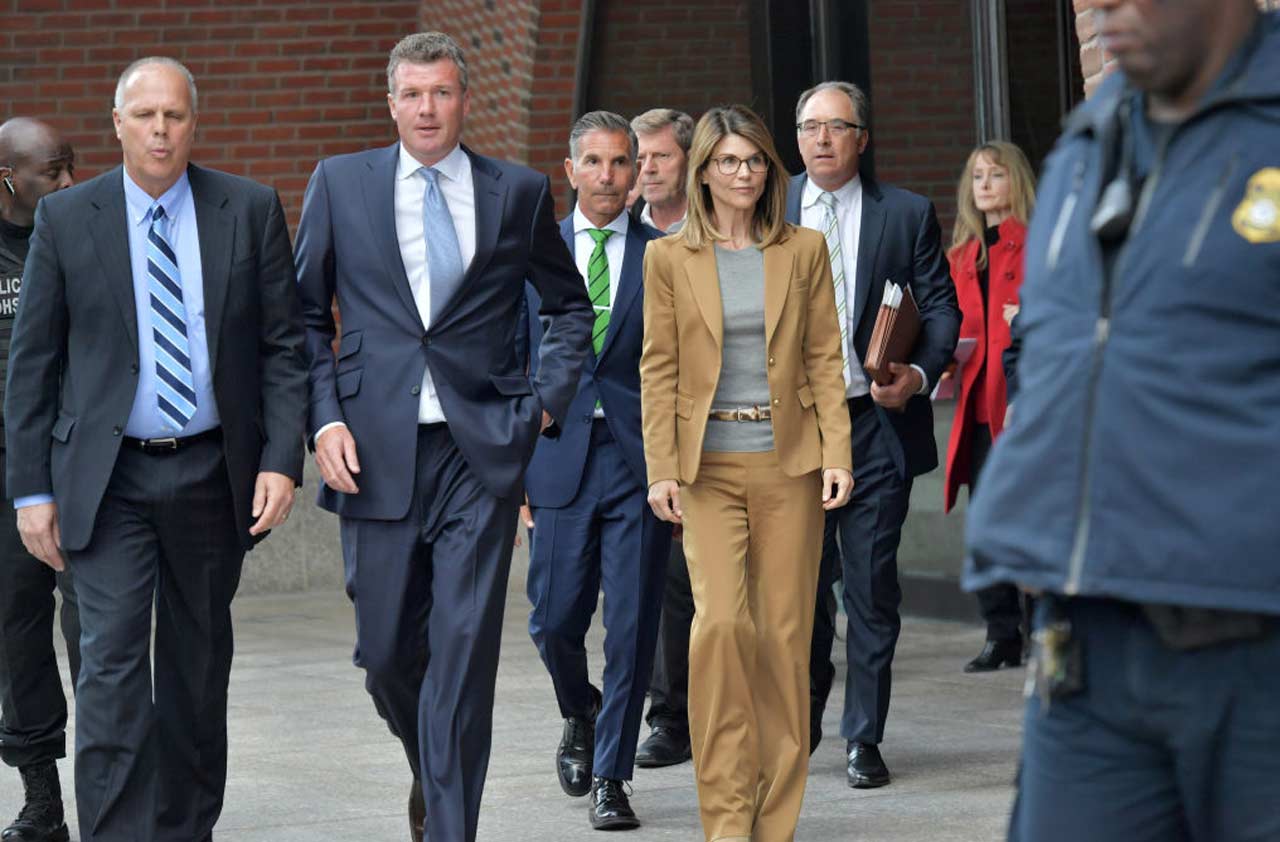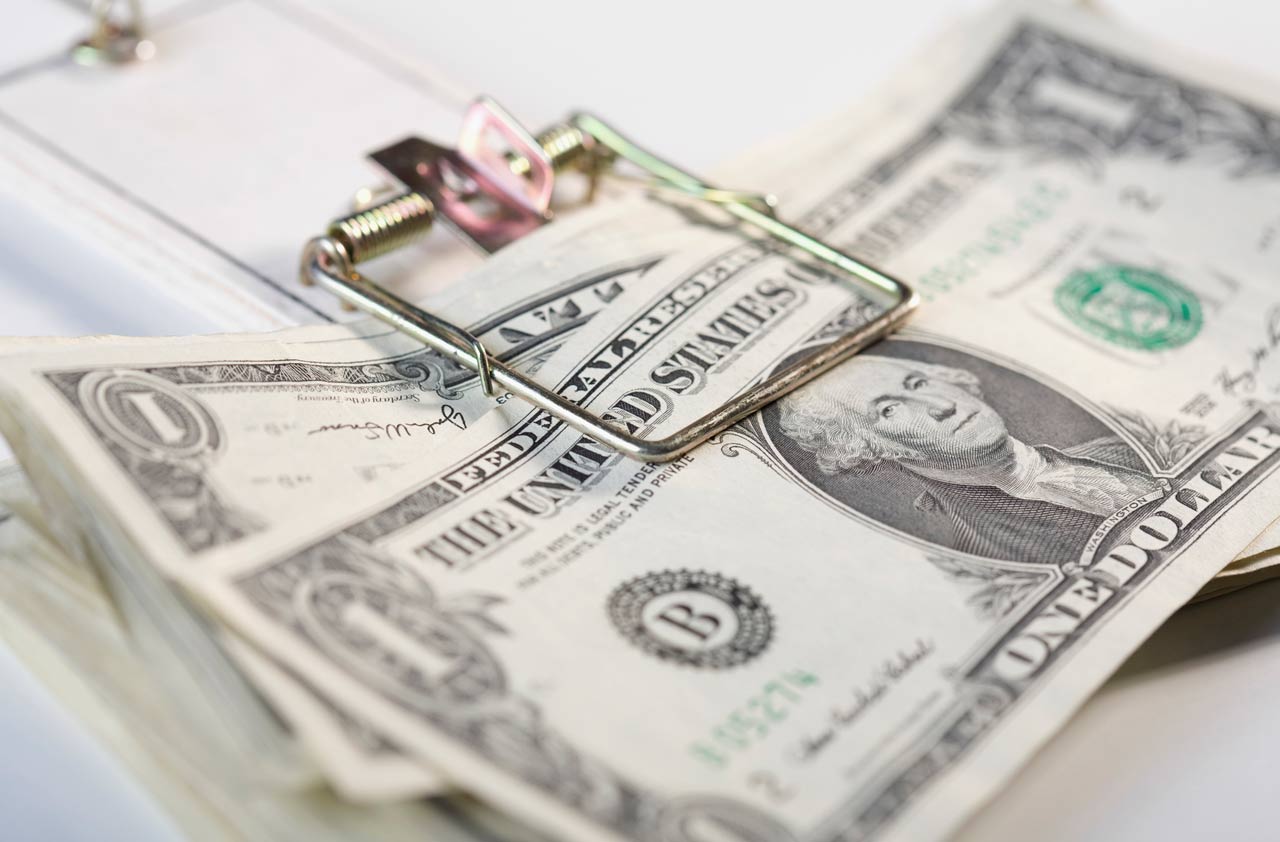Profit and prosper with the best of Kiplinger's advice on investing, taxes, retirement, personal finance and much more. Delivered daily. Enter your email in the box and click Sign Me Up.
You are now subscribed
Your newsletter sign-up was successful
Want to add more newsletters?

Delivered daily
Kiplinger Today
Profit and prosper with the best of Kiplinger's advice on investing, taxes, retirement, personal finance and much more delivered daily. Smart money moves start here.

Sent five days a week
Kiplinger A Step Ahead
Get practical help to make better financial decisions in your everyday life, from spending to savings on top deals.

Delivered daily
Kiplinger Closing Bell
Get today's biggest financial and investing headlines delivered to your inbox every day the U.S. stock market is open.

Sent twice a week
Kiplinger Adviser Intel
Financial pros across the country share best practices and fresh tactics to preserve and grow your wealth.

Delivered weekly
Kiplinger Tax Tips
Trim your federal and state tax bills with practical tax-planning and tax-cutting strategies.

Sent twice a week
Kiplinger Retirement Tips
Your twice-a-week guide to planning and enjoying a financially secure and richly rewarding retirement

Sent bimonthly.
Kiplinger Adviser Angle
Insights for advisers, wealth managers and other financial professionals.

Sent twice a week
Kiplinger Investing Weekly
Your twice-a-week roundup of promising stocks, funds, companies and industries you should consider, ones you should avoid, and why.

Sent weekly for six weeks
Kiplinger Invest for Retirement
Your step-by-step six-part series on how to invest for retirement, from devising a successful strategy to exactly which investments to choose.
I once lived in Rochester, N.Y., where having your car washed regularly during the five months of winter was a necessity (for some it was practically a religion). So much salt was spread on the roads that a corrosive, slushy brine would build up anytime it snowed. And it snowed a lot.
Near my house was a super-duper car wash, trimmed in neon. It had two bays and offered all the extras. You could easily drop $25 on a wash there, and yet it was the best deal around. How could that be, given that there were other, less fancy car washes nearby that wouldn't charge nearly as much? And why didn't those other car washes advertise what a rip-off the fancy place seemed to be?
The trick -- which has an economic rationale that I'll discuss in a minute -- is just saying no. Like this:
From just $107.88 $24.99 for Kiplinger Personal Finance
Become a smarter, better informed investor. Subscribe from just $107.88 $24.99, plus get up to 4 Special Issues

Sign up for Kiplinger’s Free Newsletters
Profit and prosper with the best of expert advice on investing, taxes, retirement, personal finance and more - straight to your e-mail.
Profit and prosper with the best of expert advice - straight to your e-mail.
"Would you like the wheel cleaning?"
"No."
"How about the clear coat?"
"No."
"The Amazonian Carnauba wax?"
"No."
"The triple rust protection?"
"No. Just the basic wash, please."
And for six or seven bucks, I got a nice car wash that removed the brine and got rid of the two-toned look -- salt up to mid-door panel, the car's actual color from there on up. My car didn't have the fleeting, sparkly sheen from clear coat and wax, but neither had I paid for those costly extras and the false sense of security against salt they brought.
When I went from paying for the extras to buying just the bare-bones wash and saving a ton of money, I transitioned from being a myope to being a sophisticate, according to Harvard economics professor David Laibson and now NYU economics professor Xavier Gabaix. In my car-wash example, and in many other consumer situations, two kinds of exploitation occur, according to Laibson and Gabaix. In the first kind, businesses exploit myopic consumers who can't see that they're being charged ridiculously high rates for extras, paying hidden fees, or committing to expensive future upkeep. In the second, sophisticated consumers exploit businesses by just buying a basic service -- often an underpriced loss leader -- and ignoring the extras.
The professors point to hotel rates as a prime example in a paper published in 2006 ("Shrouded Attributes, Consumer Myopia, and Information Suppression in Competitive Markets"). Consider a hotel offering consumers a room for $80 that costs $100 to supply, but charging big markups on room service, parking and, of course, the minibar. The myopic consumer gets the $80 room but pays so much more for the extras that the hotel makes far more than the $100 in costs. The sophisticated consumer, however, pays just $80, grabs a burger down the street, skips the minibar, and saves big.
Laibson and Gabaix also point to credit cards that offer bonus miles but have high interest rates and hidden fees, and inexpensive Hewlett-Packard printers that need expensive ink refills. Just as the credit card fees are hidden in the fine print, the information on the cost of ink was many clicks away from the HP printer's home page.
What's the cause of consumer myopia, and how do you avoid it? Laibson says it boils down to short-term thinking, which is how we're wired. "With all animals, the stuff that's nearby is on the top of the mind, and the stuff that's far way isn't being focused on," says Laibson. You see this often when people buy a car and just focus on the price, not the future cost of repairs, he adds. So, to be sure you move yourself out of the myope (that is, sucker) category, consider all the future costs, as well as the extras, related to a purchase.
But you've got to be aware of them first. In a free market, you'd think that competitors would seek an advantage by unmasking these high markups. In some cases, that happens. But in others, the professors hypothesize, it's best for everyone (except for the myopes, of course) to keep the information shrouded.
Think about it: If you ran a hotel that charged a fair price without expensive markups, what would be the result if you advertised that your competitors ripped off customers by charging loss-leader prices for rooms and high markups on all the extras? You'd just educate customers that they're better off going to your competitors and not buying the extras. So, economically speaking, it makes sense for businesses to suppress the information. And let's face it: If it weren't for the myopes, sophisticated shoppers might not enjoy bargain-priced basics, either.
Profit and prosper with the best of Kiplinger's advice on investing, taxes, retirement, personal finance and much more. Delivered daily. Enter your email in the box and click Sign Me Up.

-
 Dow Adds 1,206 Points to Top 50,000: Stock Market Today
Dow Adds 1,206 Points to Top 50,000: Stock Market TodayThe S&P 500 and Nasdaq also had strong finishes to a volatile week, with beaten-down tech stocks outperforming.
-
 Ask the Tax Editor: Federal Income Tax Deductions
Ask the Tax Editor: Federal Income Tax DeductionsAsk the Editor In this week's Ask the Editor Q&A, Joy Taylor answers questions on federal income tax deductions
-
 States With No-Fault Car Insurance Laws (and How No-Fault Car Insurance Works)
States With No-Fault Car Insurance Laws (and How No-Fault Car Insurance Works)A breakdown of the confusing rules around no-fault car insurance in every state where it exists.
-
 Lessons Learned From the College Bribery Scandal
Lessons Learned From the College Bribery ScandalPaying for College Being a snowplow parent who removes obstacles is not the way to raise emotionally healthy, money-smart kids.
-
 To Save More, Tap Into Your Emotions
To Save More, Tap Into Your EmotionsInvestor Psychology Objecs that have special meaning to you could be the key to identifying your savings goals.
-
 Keep Health Care Out-of-Pocket Costs in Check
Keep Health Care Out-of-Pocket Costs in Checkinsurance We asked patient advocates who focus on helping consumers with their medical bills to share some secrets.
-
 Don't Step Into These Saving Traps
Don't Step Into These Saving TrapsInvestor Psychology Some behavioral biases seem tailor-made to foil retirement savers. But their ill effects are smaller for those who are aware of them.
-
 How Should Couples Merge Their Finances While Still Maintaining Financial Independence?
How Should Couples Merge Their Finances While Still Maintaining Financial Independence?spending Share your best advice with fellow readers.
-
 To Be Happier, Favor Experiences Over Things
To Be Happier, Favor Experiences Over Thingsspending While the stuff we own grows old and obsolete, memories of things we did are often burnished with time.
-
 The Keys to Raising Financially Independent Young Adults
The Keys to Raising Financially Independent Young Adultsspending Parents often believe the most recent request for money will be the last, the one that finally launches Junior on the path to success.
-
 What Your Credit Score Says About Your Love Life
What Your Credit Score Says About Your Love Lifecredit & debt A Fed study finds that couples with higher credit scores are more likely to stay together.
